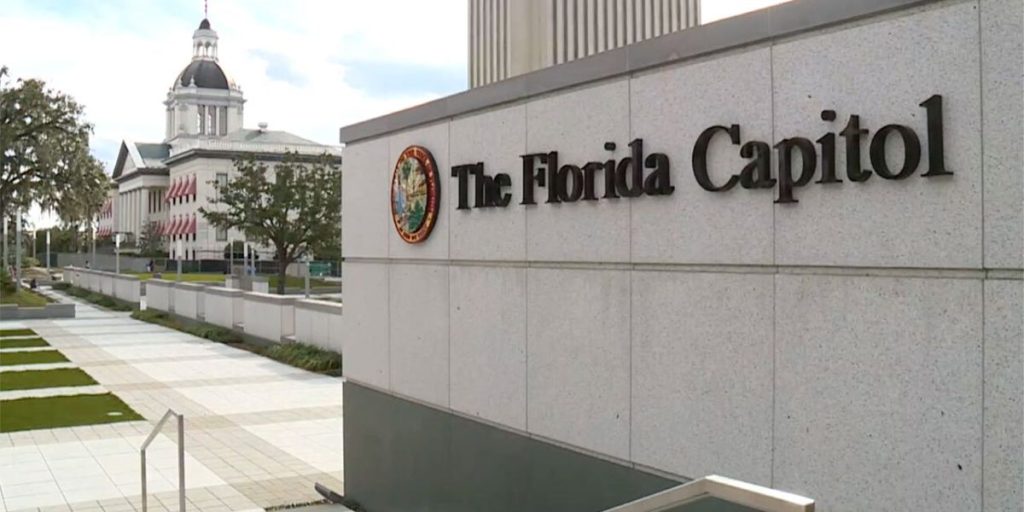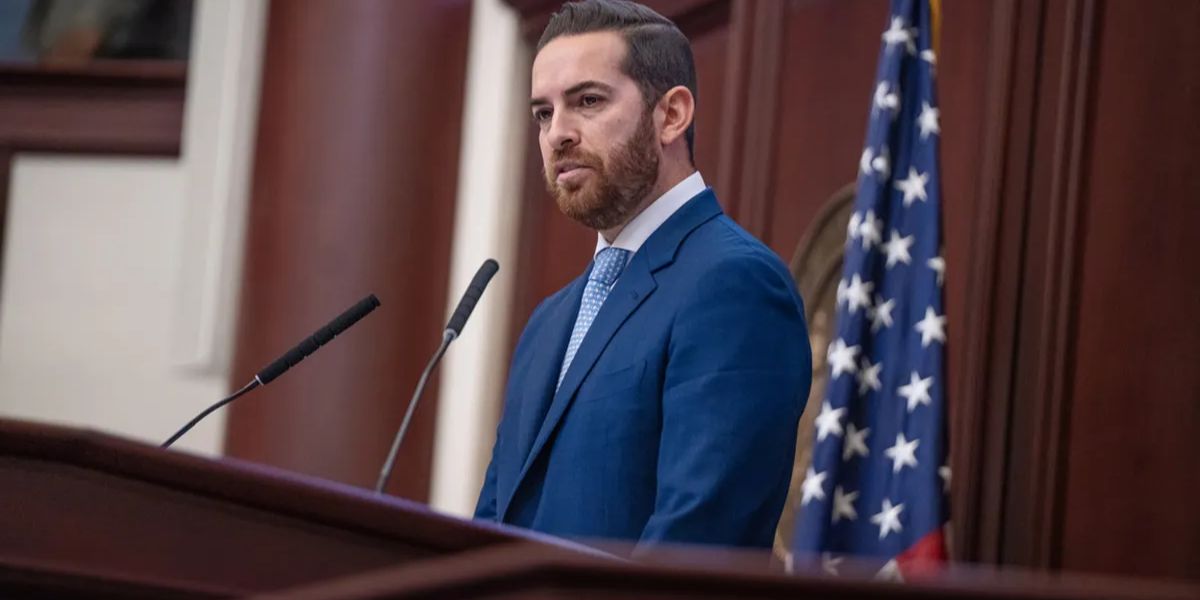Miami Standard (Tallahassee, FL) – Florida House Speaker Daniel Perez has proposed a significant reduction in the state’s sales tax rate, calling it the largest tax cut in the state’s history.
Perez, a Republican from Miami, introduced a plan to lower Florida’s state sales tax from 6% to 5.25%, a move that, when combined with the state’s local sales tax cap of 1%, would give Florida the lowest combined sales tax rate in the Southeast.
A Historic Tax Cut
“We cannot spend our way out of a spending problem,” Perez said in a Wednesday speech on the House floor. “We must remove the temptation to spend. This will not be a temporary measure; a stunt or a tax holiday. This will be a permanent, recurring tax reduction. This will be the largest state tax cut in the history of Florida.
If passed, Florida would become the first state in U.S. history to permanently reduce its sales tax, Perez added. His remarks received a standing ovation from Republican lawmakers, who hold a supermajority in the Florida House.

How Florida’s Tax Rate Compares
According to the nonpartisan Tax Foundation, Florida currently has a 6% state sales tax rate, ranking it 17th highest in the nation alongside West Virginia, Vermont, South Carolina, Pennsylvania, Michigan, Maryland, Kentucky, Iowa, and Idaho.
If the proposal is signed into law by Gov. Ron DeSantis, Florida’s ranking would drop to 32nd highest, placing it between Virginia (5.3%) and Wisconsin/North Dakota (5%).
Where Florida would see the biggest impact is in combined sales tax rates, which factor in local taxes. Florida counties and municipalities can only levy up to 1% in local sales tax, while other Southern states have much higher rates. If the new tax rate takes effect, Florida’s combined average sales tax rate would be 6.25%, making it more competitive than:
- Georgia (7.38%)
- South Carolina (7.5%)
- Mississippi (7.06%)
- Alabama (9.29%)
- Tennessee (9.55%)
- Louisiana (9.56%)
Making Florida More Affordable
Perez emphasized that the tax cut is intended to help Florida residents save money and improve affordability.
“We often talk about how to improve affordability in Florida, and our strategies usually involve spending money on more government programs,” Perez said. “But this year, we’ll try a novel concept – and make Florida more affordable by giving the people of Florida their own money back to them.”
The proposal now moves through the legislative process, where it will be debated before a final decision is made. If approved, the tax cut would provide permanent savings for Florida residents and businesses.











